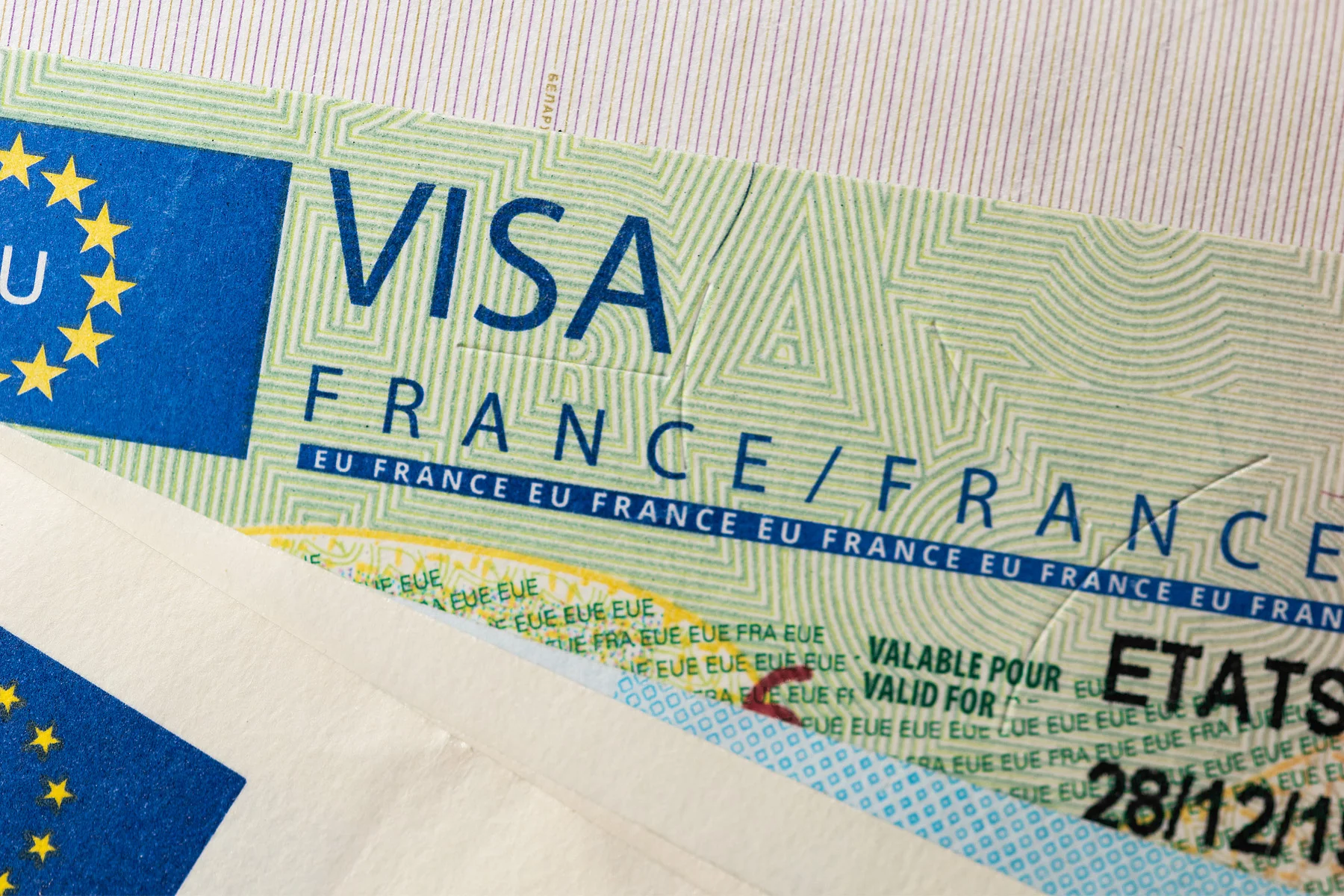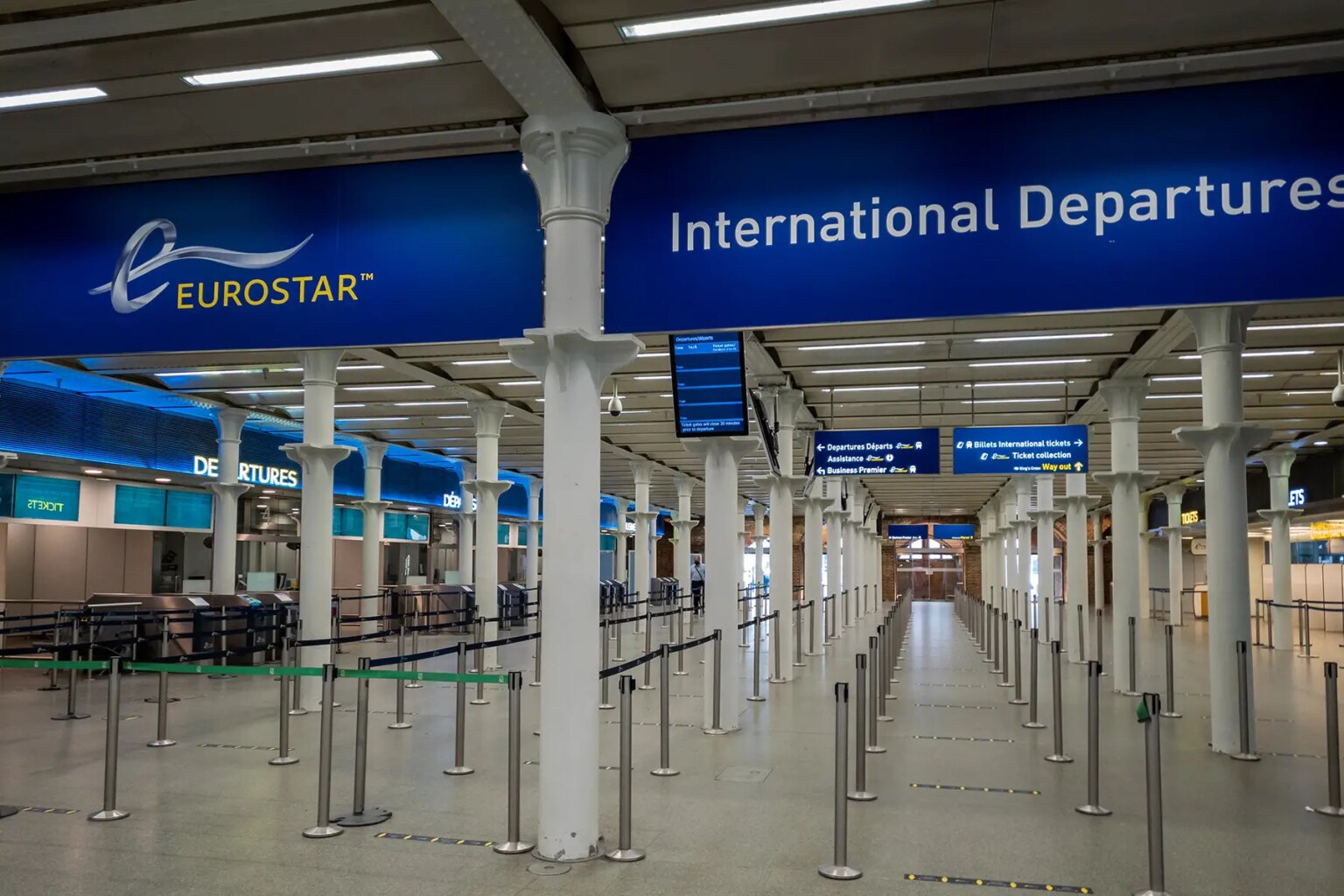Despite its departure from the EU, the UK continues to enjoy a strong relationship with its close neighbor France, in terms of flows of people between the countries. Around 148,000 Britons live in France and over 10 million visit the country each year.
However, Brexit has altered the situation for UK residents visiting, moving to, and working in France. This guide explains the situation with moving to France after Brexit following the implementation of the Withdrawal Agreement on 1 January 2021. Sections include:
- French visa requirements for UK nationals after Brexit
- Getting residence in France after Brexit
- Working or studying in France as a UK national after Brexit
- Joining or being joined by family members as a UK national after Brexit
- What happens if you own a second home in France?
- UK nationals living in France before Brexit
- Useful resources
Groupama
Find health insurance that’s tailored to you. Groupama provide health insurance for any customer, covering treatments and consultations all over France. They also offer reimbursement for alternative medicine. Visit Groupama online to get a health insurance quote within three minutes.
French visa requirements for UK nationals after Brexit
Short stays
UK residents will not need a visa to travel to any Schengen Area country for up to 90 days in any 180-day period. This includes France. Following Brexit, the UK joins a select group of non-EU/EFTA countries including Australia, Japan, and the United States in not needing a French visa for short stays in France.
Additionally, UK residents will not need an Airport Transit Visa (ATV) if they are changing flights and staying overnight at a French airport before moving onto another country.

However, if you are traveling to France as a UK resident, you now have to queue in the non-EU/EEA/Swiss lane. You will also need to show a valid passport/ID document. You may also have to show proof of health insurance, accommodation, and having enough funds to support yourself for your stay.
Long stays
Any UK citizen traveling to France for a period of longer than 90 days after Brexit will need a French long-stay visa (visa de long séjour). You can obtain long-stay visas in France for a range of reasons. These include for work or business purposes, to study in France, or to join family members.
Many French long-stay visas come as a visa de long séjour valant titre de séjour (VLS-TS). These are for stays of up to a year and also act as a temporary residence permit. There are different types of VLS-TS depending on the purpose of your stay. You can check your individual visa requirements on the France Visas website.
Getting residence in France after Brexit
All British citizens moving to France after Brexit will need to have a French residence permit (carte de séjour) if staying in France for longer than three months. The type of residence permit depends on the length and nature of stay.
Temporary residence
UK residents can apply for a carte de séjour if staying in France for more than three months. These are for a variety of purposes including work, study, staying with family members, extended tourist visits, and retiring to France. You will usually get a temporary permit that lasts for a year (in some cases it might be six months). However, you can usually renew it each year for up to five years, depending on your situation.
To obtain a carte de séjour, you need to apply through your local French prefecture within 8 weeks of arriving in France.
If you are coming to France for no longer than one year, you will probably get a VLS-TS long-stay visa. This acts as a one-year non-renewable residence permit. To extend your stay in France beyond a year on a VLS-TS, you will need to apply for a carte de séjour through your local French prefecture.
See our guide to French visas and immigration for more details on residence permits in France.
Permanent residence and citizenship
British citizens who have been living in France for five continuous years on a renewable carte de séjour can apply for a 10-year renewable permanent residence permit (carte de resident). You will need to meet certain criteria to qualify for a carte de resident. Typically this includes having sufficient French language skills and proof of integration into French society.
If you are the spouse of a French national or foreign national with a carte de resident, or are the parent of a French child living in France, you can apply for permanent residence in France after three years.
You may also want to consider applying for French citizenship after living in France for five years. As with permanent residence, you will need to fulfil certain eligibility requirements. However, you will obtain additional rights as a French citizen, including the right to a French passport. Our guide to French citizenship and permanent residence explains more.
Working or studying in France as a UK national after Brexit
Working in France after Brexit
UK citizens working in France for 90 days or less after Brexit will not require a visa to enter France. However, they will need a temporary work permit. This applies both to employees of French companies and workers of foreign companies seconded to work in France short-term. It is the responsibility of the employer to request a work permit from the French authorities.
If you come to France to work for longer than 90 days after Brexit, you will need to apply for the relevant long-stay work visa. There are various different types of French work visas relating to different types of employment. They include the “talent passport” visa which is a multi-year visa (up to 5 years) for highly skilled workers, entrepreneurs, and those who want to start a business in France.
In most cases, you will need to have found work in France prior to applying for a French work visa. Your employer applies for a work permit from the regional division of the French Ministry of Labor. If approved, the French Office of Immigration and Integration (OFII) contacts the French Embassy in the UK so that you can begin your visa application. The length of your work visa will depend on the length of your employment contract.
You will need to apply for an accompanying French residence permit if staying in France for more than 90 days. This is unless your work visa doubles up as your residence permit.
Studying in France after Brexit
After Brexit, UK residents will need to apply for a French study visa for any study courses in France lasting longer than three months. There are various types of study visa, including the temporary study visa (visa de long séjour temporaire pour etudes) valid for up to six months, and the long-stay study visa (visa de long séjour etudes).
You can work for around 20 hours per week (no more than 964 hours a year) on a French study visa.
Find out more in our guide to French student visas.
Joining or being joined by family members as a UK national after Brexit
Joining family members in France after Brexit
UK nationals can still move to France after Brexit to join family members. However, they no longer have the right to do so as EU citizens. This means that you will need to apply for a family visa if joining relatives for longer than three months. Additionally, you will also need to sort out your residence permit on arrival.

If you have a relative living in France who is a French national or an EU/EFTA citizen, you can join them if you are their spouse, child, ascendant relative (parent/grandparent) or dependent cared-for relative. This also applies if your family member is a UK national living in France before 1 January 2021 who has applied for a residence permit by 1 October 2021 (see more below).
If you have a relative living in France who is a non-EU/EFTA national with a French residence permit, you can join them if you are their spouse or dependent child aged under 18. The relative must have been living legally in France for at least 18 months. In addition, they must be able to accommodate and financially support you.
You will not need to apply for a family visa if you are married to a French citizen.
Family visas and residence permits are typically granted for one year initially but you can renew them.
Being joined by family members after Brexit
If you are moving to France after Brexit and want to be joined by family members, you will be treated as a third-country national. This means that only your spouse and dependent children (aged up to 18) can join you. Relatives will have to obtain their own family visas and residence permits.
In most cases, you will need to have been living in France for at least 18 months. If you are coming to France on a work visa and want to bring your spouse and child(ren) with you, you can usually arrange this through your work visa. You will need to pay the additional visa costs for each family member. See our guide to family visas in France for further details.
What happens if you own a second home in France?
For British owners of second homes in France, the post-Brexit visa requirements depend on how long you spend at your French residence each year.
- If you spend 90 days or less within a six-month period at your French property, you won’t need a French visa. This is because UK residents can make short-stay visits (maximum 90 days with a 180-day period) throughout the Schengen Area post-Brexit.
- If you spend three to six months a year in France, you will have to apply for a temporary long-stay visa (VLS-T Visiteur). This is a non-renewable 6-month visa and you are not permitted to work on it.
- If you spend more than six months a year in France, you will be considered a French resident and must apply for a long-stay visa (the one-year VLS-TS).
UK nationals living in France before Brexit
All British nationals living in France before 1 January 2021 can benefit from the terms of the Withdrawal Agreement. This means they enjoy similar rights to EU/EFTA citizens living in France. However, they need to apply for a Withdrawal Agreement Residence Permit (WARP).
You need to have a WARP by 1 October 2021. The initial deadline was 1 July 2021, however this has been extended until 30 September. You can make the application online via a special website set up by the French government.

In order to qualify for this residence permit, you will also need to be either employed, self-employed, engaged in studies or training, or demonstrate that you have sufficient resources to support yourself and any dependent family members.
Once you have a WARP, you will continue to benefit from the same rights to work, study, access public services and be joined by family members as you did as an EU citizen.
Temporary residents
UK residents who have been legally living in France for fewer than five years on 31 December 2020 can apply for a 5-year residence permit. Once this permit expires, they will be eligible for a 10-year permanent residence permit or even French citizenship.
If you are a UK national who entered France before 31 December 2020 with the intention of seeking employment but has never found a job, you will be issued with a temporary residence permit valid for six months. You will need to show that you are looking for work and have a good chance of finding employment within the six month period.
UK citizens who are cross-border workers living in another EU country and working in France before 1 January 2021 can continue to do so. However, they will need a document de circulation from the French prefecture they work in.
Permanent residents
If you are a UK national who has been living in France for more than five years as of 31 December 2020, you can apply for a French permanent residence permit. This is valid for 10 years and is renewable. You can also consider French citizenship if you have been a legal French resident for five years or more and meet the requirements.
Family members
Family members of UK residents in France who joined them before 1 January 2021 will also need to apply for a WARP before 1 October 2021. This applies to spouses, children, ascendant relatives and cared-for relatives.
Family members of UK residents in France who joined them after 1 January 2021 are entitled to stay if the family relationship existed by 31 December 2020. Relatives need to apply for a short-stay Schengen entry visa issued free of charge through a fast-track procedure. You will need to show evidence of family ties, that the family member you are joining was residing in France before Brexit and that they will have a WARP by 1 October 2021. You will then need to apply for your own French residence permit.
Family members whose relationship began after 31 December 2020, as well as those applying to join relatives after 1 October 2021, will need to apply for a French family visa if staying in France for longer than three months. They will also need to apply for a French residence permit (carte de séjour) within two months of their arrival. These relatives will have the same rights as non-EU/EFTA family members of EU/EFTA citizens.
Useful resources
- L’Office Français de l’Immigration et de l’Intégration (OFII) – French Office of Immigration and Integration
- Ministére de l’Intérieur – Ministry of the Interior
- France-Visas – official visa website for France
- Information on Withdrawal Agreement Residence Permits (WARP)
- Brexit.gouv.fr – French government portal on preparation for Brexit
- Gov.uk – UK government information on living in and moving to France after Brexit







